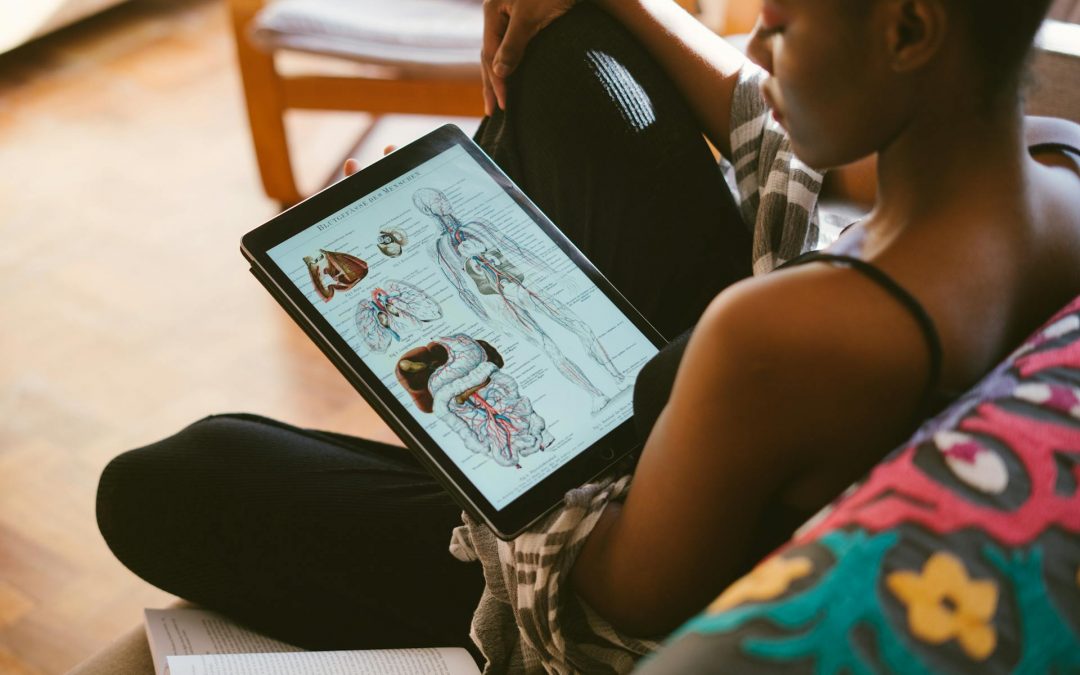
The psoas is a very important yet often unknown muscle that plays a vital role in your physical health and mental wellbeing.
The cumulative effect of neglecting this muscle is physical and mental stress and tension, which manifests itself mentally as anxiety and depression and physically issues such as stretched ligaments, tendonitis, sciatica, dislocations, compressed disc, lower backache, knee, ankle and hip problems may all be traced to imbalances in an exhausted or overused/misused psoas.
Your psoas creates a muscular shelf on each side that your kidneys and adrenals rest on. When you breathe properly your diaphragm moves and your psoas muscles gently massage these organs and stimulate blood circulation.
But when the psoas muscles become tight and tense and imbalanced, so do your kidneys and adrenal glands causing physical and emotional exhaustion, digestive distress, respiratory problems and chronic pain.
A chronically tightened psoas continually sends signals to your body that you’re in danger, and this eventually exhausts the adrenal glands. The psoas even becomes a factor in sexual arousal which is another reason to maintain its health.
Physically ~ Embedded within the deepest layer of connective tissue, the psoas muscles connect the spine to the legs. It’s a very significant core postural muscle and since it is located near the body’s centre of gravity it influences balance, nerves, circulation, respiration and energy flow.
They measures 16 inches long– beginning at T12 in your spine, attaching down both sides all the way along to your lumbar vertebrae and connecting into the femur.
Its main job is to convey messages about subtle changes in structural, neurological, chemical and energetic dynamics.
Emotionally ~ The deep location and connection of the psoas affects the central and peripheral nervous system; your nervous system is communicating with your psoas constantly, and the psoas is sending information back to the nervous system.
Since the psoas is closely linked to our “fight, flight, freeze” mechanism, fear can be over-represented in those with a constricted psoas.
Therefore the memory of traumatic stress can be held in the psoas muscles for many years causing tightness and pain and hypervigilance.
Since our body and mind are intricately linked, how we experience stress, anxiety and trauma is both physiological and psychological. People can hold embedded memories of traumatic events in the body as well as the brain and since the psoas is an organ of perception its release can begin a healing process.
When muscles are relaxed they begin to affect the rest of the body and the mind, so learning how to release your psoas may help to relieve emotional tension, and even trauma held deep in the core of the body.
As part of the fear response, the psoas prepares us for survival, therefore unresolved fear, trauma and shock causes havoc to the pelvic basin via the psoas. Humans have an instinctive survival mechanism that produces chemicals to reinforce our ability to fight, flee or freeze.
This protective response is designed to serve us for a short time and then we return to a relaxed state, but constant and long-term stress causes the psoas muscles to become stuck in “fight, flight, freeze” mode and this constricts them.
Any unresolved trauma becomes lodged in our psyche and body – the emotional pain we carry within us, isn’t just in our head it is also etched into our muscles.
To gain a better understanding of this, think of the instinctive foetal position our body assumes when we are startled. Or when you fly on an aeroplane you are taught to adopt the ‘brace position’ for safety. The response of muscles exposed to stress is to contract and this creates what is known as flexor withdrawal. This position of bringing our extremities together causes us to feel safer by protecting our vulnerable soft parts – our vital organs, genitals, our head and face.
Two of the primary flexor muscles that contract are the psoas muscles. Any time you feel unsafe or threatened (a verbal jab, a close call driving in traffic, a long-standing argument with your partner or family, day to day anxieties, etc.) the psoas muscles automatically contract and pull the body forward. At the same time the erector spinae muscles pull the body backwards in an attempt to keep it upright. These two opposing tensions pull on the lower back and if the tension is continued it will eventually cause shoulder and neck pain as well.
Contracted psoas muscles that aren’t released can develop into patterns of chronic tension and pain in the body, and they become particularly vulnerable to continued stimulation whenever we feel stressed or anxious, causing us to react to even minor stress.
A tight psoas affects posture, placement, walking, energy and emotions and because of its deep location within the body and its sensitivity to other structures, it is vital that natural bodywork takes place regularly to release and relax the psoas. Releasing and freeing the psoas muscle allows it to begin a healing process and operate effectively.
We are living in a time where we are experiencing on-going pressures and chronic stress in various forms: financial, political, medical, social, etc. Therefore it is not surprising that our psoas muscles are tight and contracted in response to these situations that cause fear.
Our modern lifestyle also constricts and places stress on the psoas muscles – from sitting in car seats to hobbies, how much sitting or bending forward we do, to our postural habits, to constrictive clothing and shoes – these all contribute to distorting our posture and limiting our natural movements.
In addition to structural health, the psoas is vital to our psychological wellbeing and awareness of this is the first step towards ensuring that we give this muscle the attention it deserves. The psoas is an emotional muscles and it conveys whether we are centred or vulnerable therefore it is accessed through emotional awareness.
Reconnecting with your psoas regularly can achieve resolution of the fear response and trauma. Constructive Rest Position is an excellent way to do this as it teaches you how to release one of the most chronically tense muscles in everyone.
Constructive Rest Position is the simplest way to release psoas muscle contraction, as it allows the skeleton and gravity to do the work of neutral alignment in a restful state. This unravels tension patterns that are held deep in the core and allows us to let go of old emotional conditioning.
Resting in this position helps you to recognise and work with pelvic instability and unresolved emotional holding patterns. In this pose, you don’t need to anything but relax. Gravity will do the work and I will guide you step by step so that you can feel supported and be co-regulated.
To find out more about working with me 1:1, please feel free to contact me to request a call back so that we can speak and you can ask me any question you may have carolinekingtherapy@yahoo.com

